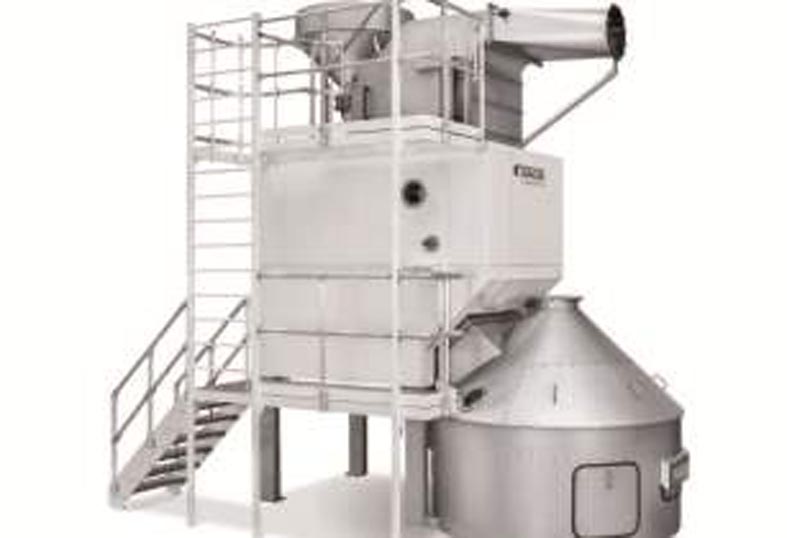Bühler has announced to build the world’s most advanced coffee processing plant for the Norwegian coffee producer Joh Johannson
This combines innovative roasting technology with record low greenhouse gas emissions. The coffee roasting biogas is close to carbon neutral, making the processing plant with the lowest emissions globally possible. “With Bühler, we have found a solution partner that fully understands our sustainability concerns and is capable of putting them to practice,” said Espen Gjerde, CEO of Joh Johannson.
Bühler was awarded the contract for building the world’s most efficient climate- and environmental-friendly coffee processing plant in June 2017.
Coffee continues to be a growth market with growth rates of about three per cent worldwide. After the considerable efforts of processors to achieve sustainable sourcing of green coffee, the focus is now being increasingly set on the manufacturing process in the coffee factory. This is because this process consumes a lot of energy: a factory with an annual processing capacity of 10,000 tonnes consumes roughly 870 kW – about as much as 100 Norwegian households.
For this low-carbon production plant, Bühler will supply the complete process technology – from green coffee intake to cleaning, blending, roasting, and grinding.
For the roasting process, Bühler has fitted its Infinity Roaster with a unique preheating unit and a novel energy recovery system. The system operates on the basis of collecting heat by multiple heat exchangers allowing centralised intermediate storage of the energy released by the process in temperature-stratified water tanks. The energy stored is largely used for powering the same roasting process and preheating of green coffee, but may also be reused – say – for raising the temperature of the incoming cold air. Some of the energy will also be used to heat the offices and laboratories. This technology reduces the energy consumption of the roasting process by 50 per cent, which accounts for as much as 80 per cent of the entire energy consumption. The total balance of electric power required by the factory is covered by huge solar cells. Moreover, the planned facility will boast one of the most advanced off-gas purification units for roasting systems: regenerative thermal oxidation (RTO) allows smart control of the air currents, which in turn enables heat to be stored and returned to the process.
The entire plant is operated by a highly complex, smart, and automated process control system, which measures the product temperature inside the roasting chamber at intervals of a second and fine-tunes the process in the presence of even the slightest changes. This produces maximum profile accuracy, which has a direct impact on the quality consistency of the coffee’s taste and on flexibility.




